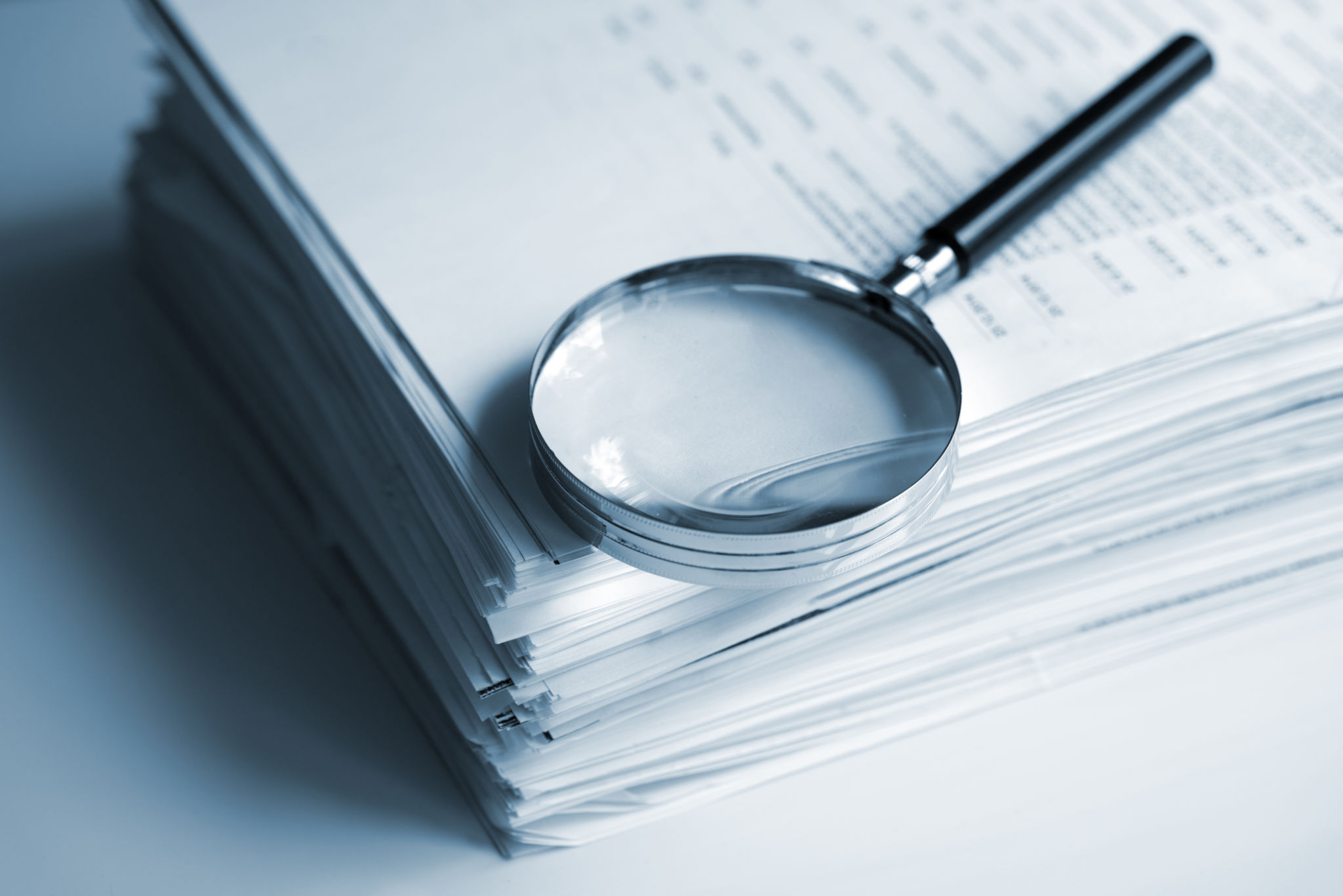Expert Insights: Common Tax Filing Mistakes to Avoid
Introduction
Tax season can be a stressful time, even for the most organized individuals. While some mistakes are minor and easily rectifiable, others can lead to significant financial repercussions. Understanding common tax filing mistakes and how to avoid them can save you both time and money.

Incorrect Personal Information
One of the simplest yet most common mistakes is entering incorrect personal information. Ensure that names, Social Security numbers, and bank account details are accurate. Even a minor error can delay your refund or cause your return to be rejected.
Double-check all information before submitting your return. It's especially important if you've recently changed your name or bank account details. Inaccuracies in these areas can lead to unnecessary complications with the IRS.
Missed Deadlines
Missing tax filing deadlines is another frequent mistake. The IRS imposes penalties for late filings, which can add up quickly. Mark important dates on your calendar and set reminders to avoid this issue.

Incorrect Filing Status
Choosing the wrong filing status can significantly impact your tax liability. Whether you are single, married filing jointly, or head of household, selecting the correct status is crucial for optimizing your tax return.
If you're unsure about which filing status applies to you, consult a tax professional or utilize IRS resources for guidance. Taking the time to determine the right status can prevent potential problems.
Overlooking Tax Deductions and Credits
Many taxpayers miss out on valuable deductions and credits simply because they are unaware of them. Commonly overlooked deductions include those for charitable contributions, medical expenses, and education costs.

Furthermore, taking advantage of available tax credits such as the Earned Income Tax Credit (EITC) or Child Tax Credit can result in significant savings. Research or consult with a tax expert to ensure you are maximizing your potential benefits.
Miscalculations
Miscalculations are a prevalent issue that can lead to errors in your tax return. Whether it's addition or subtraction errors, incorrect entry of figures can result in an inaccurate tax liability.
Using tax software can help mitigate these errors by automating calculations. However, always review the final figures to ensure their accuracy before submission.
Not Retaining Proper Documentation
Failing to retain necessary documentation is another common mistake. It's essential to keep records of all income, expenses, and deductions for at least three years after filing your return. This documentation is vital in case of an audit.

Create a system for organizing and storing your tax documents throughout the year, making it easier to prepare your return and ensure compliance with IRS requirements.
Conclusion
Avoiding common tax filing mistakes requires attention to detail and a proactive approach. By verifying personal information, meeting deadlines, choosing the correct filing status, maximizing deductions and credits, ensuring accurate calculations, and retaining proper documentation, you can minimize the risk of errors in your tax return. Consider consulting with a tax professional for tailored advice and peace of mind during tax season.